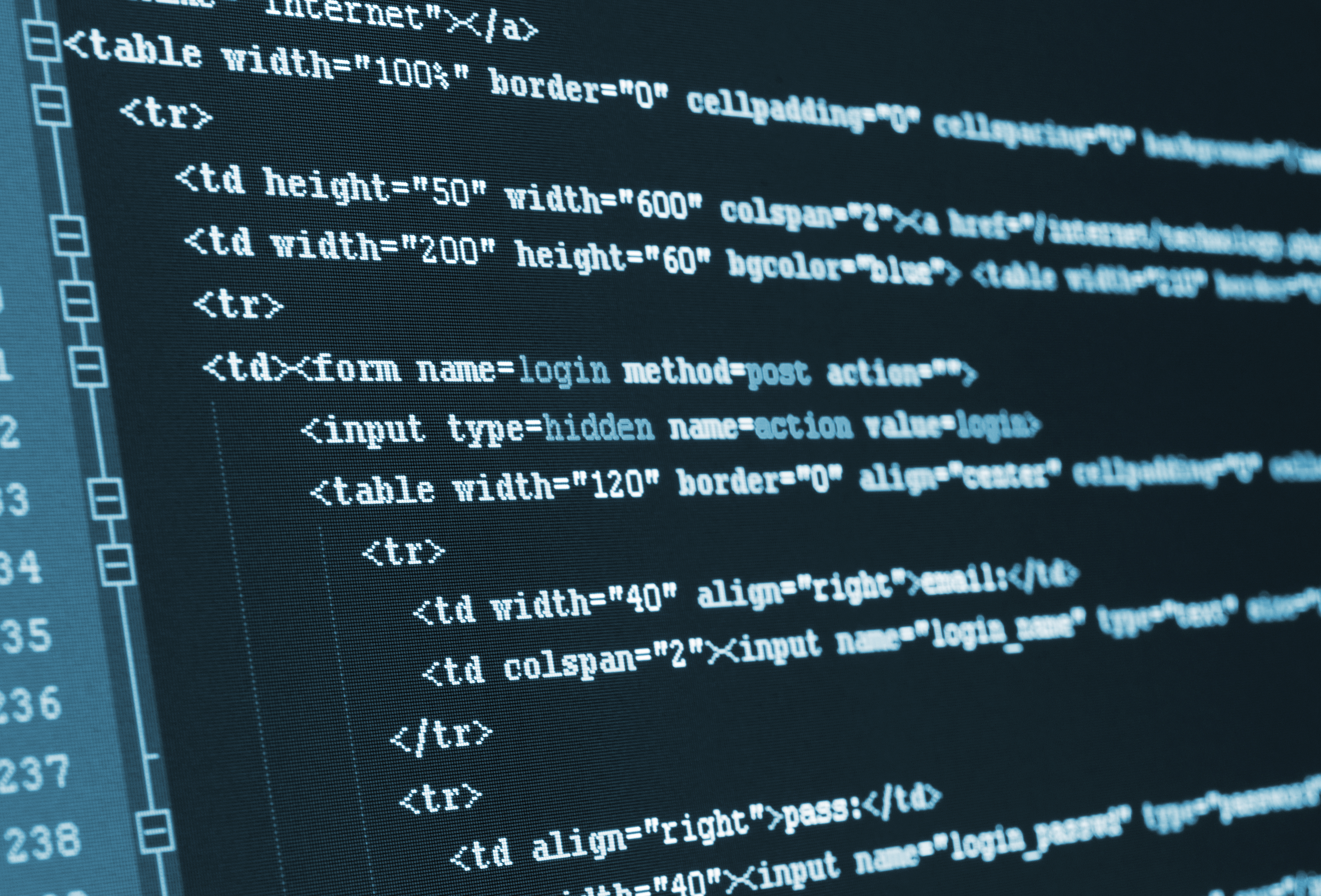“The Circuit Court concluded that the copying and disclosure of the source code was authorized; thus, MPAY’s copyright-infringement claim failed…[and] since the disclosure of the source code was authorized under the Agreement, it did not amount to trade secret misappropriation.”
 On August 14, the United States Court of Appeals for the Eighth Circuit affirmed in part and vacated in part a district court decision in MPAY Inc. v. Erie Custom Computer Applications, Inc, et. al. In particular, the Circuit Court affirmed the district court’s conclusion that MPAY had not shown a likelihood of success on the merits of its copyright infringement or trade secret misappropriation claims. The Circuit court also affirmed the district court’s decision to deny preliminary injunctive relief for MPAY’s source-code claim, but vacated in part the district court’s Order and Judgment denying that relief and remanded for the district court to consider whether a preliminary injunction against Erie Custom Computer Applications and Payroll World is appropriate.
On August 14, the United States Court of Appeals for the Eighth Circuit affirmed in part and vacated in part a district court decision in MPAY Inc. v. Erie Custom Computer Applications, Inc, et. al. In particular, the Circuit Court affirmed the district court’s conclusion that MPAY had not shown a likelihood of success on the merits of its copyright infringement or trade secret misappropriation claims. The Circuit court also affirmed the district court’s decision to deny preliminary injunctive relief for MPAY’s source-code claim, but vacated in part the district court’s Order and Judgment denying that relief and remanded for the district court to consider whether a preliminary injunction against Erie Custom Computer Applications and Payroll World is appropriate.
MPAY is a Massachusetts corporation that develops and owns payroll-processing software that it licenses to customers. In 1999, MPAY and three other entities entered into a Member Control Agreement to form a new entity, OnePoint Solutions LLC, and they each became members of OnePoint. MPAY entered into a Software Development and License Agreement with one point that outlined a two phase relationship between MPAY and OnePoint. Phase One included MPAY working with “OnePoint to develop ‘Enhanced Software Products,’ meaning ‘modifications, enhancements, or improvements’ of MPAY’s payroll-processing software.” Phase Two included OnePoint taking “over responsibility for support and development functions,” and “hir[ing] its own independent software developers to develop Enhanced Software Products.” Following the two phases, OnePoint was to own the “Phase Two Enhanced Software Products.”
Agreement Terms
In accordance with the agreement, MPAY was to supply OnePoint with “complete copies of the source code” for MPAY’s payroll-processing software, which MPAY considers to be the “secret recipe” to the software. The Agreement also granted OnePoint “a perpetual, non-exclusive, . . . and unrestricted right to use” MPAY’s payroll-processing software “for its business, the business of any of the Members” of OnePoint, “or the business of any third party.” Under the Agreement, OnePoint granted each of its members a license to use MPAY’s software and any software developed by OnePoint. The Agreement further provided for some members to sublicense the software “to any entity in which such Member owns (a) a majority of the value of the equity and (b) voting control.”
In 2003, MPAY and OnePoint executed a Letter Agreement to clarify the original Agreement, wherein MPAY and OnePoint reaffirmed that OnePoint could hire third parties to assist in developing software under Phase Two and, therefore, could grant such third parties access to the Source Code. Subsequently, in 2007, OnePoint filed a suit against MPAY for failure to provide the source code, which ended in a Mediated Settlement Agreement that provided a date for the start of Phase Two and extinguished most of OnePoint’s obligations “arising out of” the Agreement, “with the caveat that MPAY retained its rights in its software products.”
MPAY learned that OnePoint was allegedly copying and distributing the source code to certain OnePoint members and for sublicensing MPAY’s software to third parties “in whom no member held a majority equity stake.” MPAY filed suit against one point asserting copyright-infringement and trade-secrets-misappropriation claims and sought a preliminary injunction. The district court denied MPAY’s motion, reasoning that the Agreement “permitted OnePoint to provide the source code to its independent software developers in Phase Two, and it found that OnePoint’s copying and distribution of the source code was simply the result of OnePoint exercising this right under the Software Development and License Agreement.” MPAY appealed the of its motion for a preliminary injunction to the circuit court.
Likelihood of Success
On appeal, MPAY asserted that OnePoint wrongfully copied and distributed the source code and improperly sublicensed MPAY’s software. With respect to the source-code issue, the Circuit Court noted that the “most significant” factor at issue was whether MPAY showed a likelihood of success on the merits. MPAY alleged that Erie Custom Computer Applications and, possibly, Proliant Technologies, possessed the source code without being authorized under the Agreement. Thus, MPAY argued that the disclosure constituted copyright infringement and that “Clayton, Erie Custom Computer Applications, and Proliant Technologies have misappropriated MPAY’s trade secrets through this arrangement.”
Agreeing with the district court, the Circuit Court noted that MPAY did not show a likelihood of success on the merits under either legal theory because the Agreement allowed OnePoint to develop software, which “necessarily entail[ed] providing the source code to others.” The Circuit Court also noted that the Agreement authorized OnePoint to “hire its own independent software developers to develop Enhanced Software Products” and that provision, along with others, made it evident that the Agreement authorized “OnePoint to develop new software by modifying the source code and to hire others to assist it in doing so.” The Circuit Court concluded that the copying and disclosure of the source code was authorized; thus, MPAY’s copyright-infringement claim failed. Further, the Circuit Court concluded that, since the disclosure of the source code was authorized under the Agreement, it did not amount to trade secret misappropriation.
Injunction
The Circuit Court also rejected MPAY’s argument that the district court erred in concluding that granting an injunction would not serve the public interest. In rejecting this argument, the Circuit court noted that “the public interest is better served by denying an injunction given that OnePoint simply exercised its rights under the Software Development and License Agreement in copying the source code and disclosing it to those Appellees it retained as independent software developers.” Thus, the Circuit Court concluded that the district court thus did not abuse its discretion in denying MPAY’s motion for a preliminary injunction.
Reason for Remand
MPAY further argued that “Erie Custom Computer Applications and Payroll World wrongfully sublicensed use of MPAY’s software to a third-party entity in which neither of them individually held a majority equity stake and possessed voting control, in violation of the sublicensing provision of the Member Control Agreement.” The Circuit Court noted that the district court did not address this issue even though it was raised by MPAY. Noting that it was a “court of appellate review, ‘not of first view,’” the Circuit Court vacated in part the district court’s Order and Judgment denying relief so that the district court may consider whether a preliminary injunction against Erie Custom Computer Applications and Payroll World should issue.
Image Source: Deposit Photos
Author: Olivier26Author Olivier26
Image ID: 48303873

![[IPWatchdog Logo]](https://ipwatchdog.com/wp-content/themes/IPWatchdog%20-%202023/assets/images/temp/logo-small@2x.png)

![[Advertisement]](https://ipwatchdog.com/wp-content/uploads/2024/04/UnitedLex-May-2-2024-sidebar-700x500-1.jpg)
![[Advertisement]](https://ipwatchdog.com/wp-content/uploads/2024/04/Artificial-Intelligence-2024-REPLAY-sidebar-700x500-corrected.jpg)
![[Advertisement]](https://ipwatchdog.com/wp-content/uploads/2024/04/Patent-Litigation-Masters-2024-sidebar-700x500-1.jpg)

![[Advertisement]](https://ipwatchdog.com/wp-content/uploads/2021/12/WEBINAR-336-x-280-px.png)
![[Advertisement]](https://ipwatchdog.com/wp-content/uploads/2021/12/2021-Patent-Practice-on-Demand-recorded-Feb-2021-336-x-280.jpg)
![[Advertisement]](https://ipwatchdog.com/wp-content/uploads/2021/12/Ad-4-The-Invent-Patent-System™.png)






Join the Discussion
No comments yet.